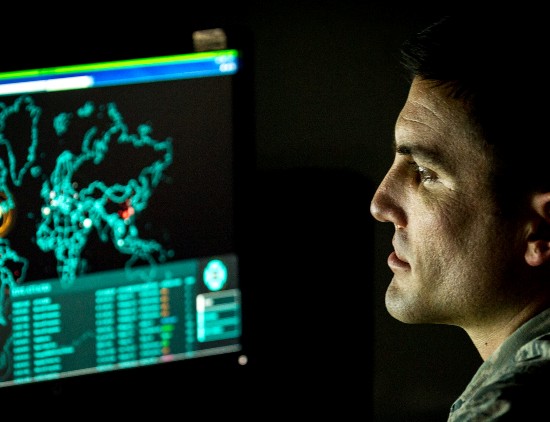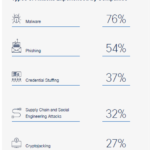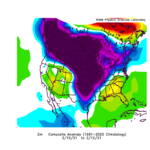Cybersecurity is the theme of a television series called “The Undeclared War.” The setting is the United Kingdom in 2024 on the eve of a general election. The plot has Russian hackers penetrating the UK’s electoral system which begins a cyberwar between the two countries. Even if you don’t understand the computer jargon, it is a compelling watch and I won’t give away the unfolding events and how we are left at the end of the sixth and “final?” episode. But I highly recommend it.
Cyber security as fiction has become a reality based on headlines this week that provides a rationale for why, in the United States, there is a call for a seventh military branch. The first six include the Army, Navy, Airforce, Marines, Coast Guard and Space Force. The seventh will be the Cyber Force, an acknowledgement of the growing online threat posed by adversary nations and non-state actors to Internet and space-based assets.
In the last two days, there has been an unauthorized release of classified Pentagon documents that have appeared on social media sites like Telegram, Twitter, and Facebook. The documents include photographs, intelligence briefings, tactical updates, and analyses done by the U.S. related to the Russia-Ukraine war, China, and other countries. The information leaked has American national security officials looking for those responsible. Was this a Russian cyber hack, or another inside job like the 2013 Edward Snowden Wikileaks?
It was inevitable that either an external or internal hack would happen at some point that would highlight why cybersecurity needs to be addressed by a dedicated team within the military and by a civilian government agency equivalent.
A centralized military command responsible for all cyberspace would end what has been called a “hodgepodge“ approach by the Military Cyber Professionals Association (MCPA). The MCPA is holding its second annual convention in Laurel, Maryland on May 18th. I am certain that conversations at the convention will buzz about this latest leak of classified documents that currently has the Pentagon scrambling for answers.
Before this latest leak, there have been recent cyber incidents that include:
- the shutting down of NATO member online services and websites.
- ransom attacks that have compromised U.S. law enforcement operations.
- the Viasat hack on Ukraine’s broadband communications network at the beginning of the Russian invasion in February 2022.
Cyber Force would incorporate Cyber Command which the U.S. established in 2009. The latter included 6,000 personnel in 133 teams spread throughout the various branches of the military. But the growing number of incidents, hacker attacks, ransomware demands, misinformation dissemination and classified material leaks over the Internet requires a new level of computer vigilance.
The Cyber Force when constituted would be doing more than looking at what is happening here on the ground. Cyberspace goes all the way into outer space. That’s because our communications systems are increasingly reliant on satellites. The growing Starlink constellation of satellites helped Ukraine overcome the Russian Viasat hack. But as more of our global communications, whether commercial or military become space-dependent, the easiest way in the future to disrupt a country will be to target outer space assets.
How many satellites are orbiting Earth today? As of February 2023, Starlink alone had 3,580 in low-Earth orbit with plans to deploy 12,000 in total for its global Internet communications mesh network coverage. That’s an impressive number when you consider a census of satellites in low-Earth orbit done recently by the Union of Concerned Scientists showing a total of 4,582 active out of 7,941 still circling the planet launched from the beginning of the Space Age back in 1957. If that seems like a lot today, some experts are predicting we will have more than 100,000 orbiting the planet by 2040, and that number doesn’t include new space habitations, or a planned satellite network to orbit the Moon to provide computing, communications, and other essential operations in near-Earth space.
Considering the Viasat hack, Starlink, GPS satellites, and the constellation of new commercial operators from the U.S. alone let alone China, Russia, India, Canada, and others, it is pretty clear the “space” in the word cyberspace will require global extra vigilance than what is in place today. Our cyber defences will be both on this world and out of this world.
Attacks on satellites will in the future be considered acts of war equal to 9/11, and Pearl Harbor. That’s why America’s consideration of creating a Cyber Force branch for its military makes sense as a dedicated service of this type does for all nations that currently and shortly will face state and non-state-sponsored threats.
















